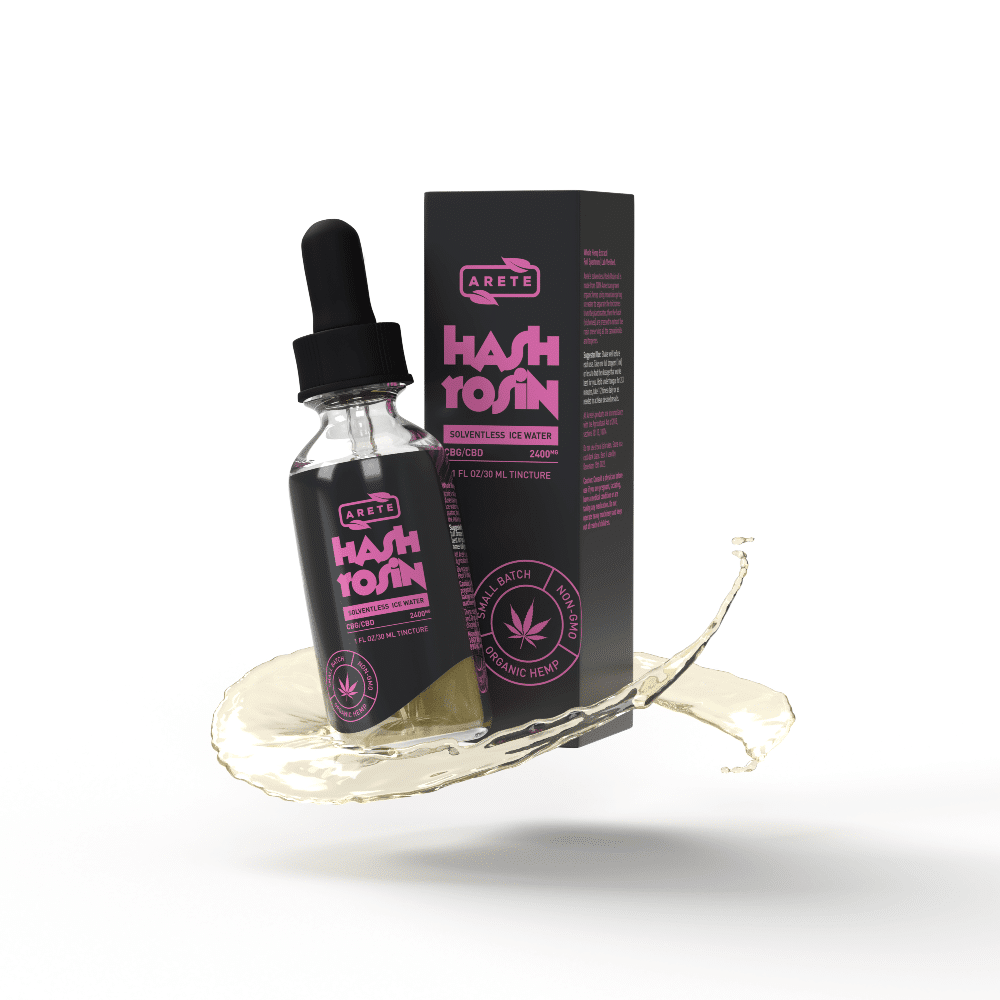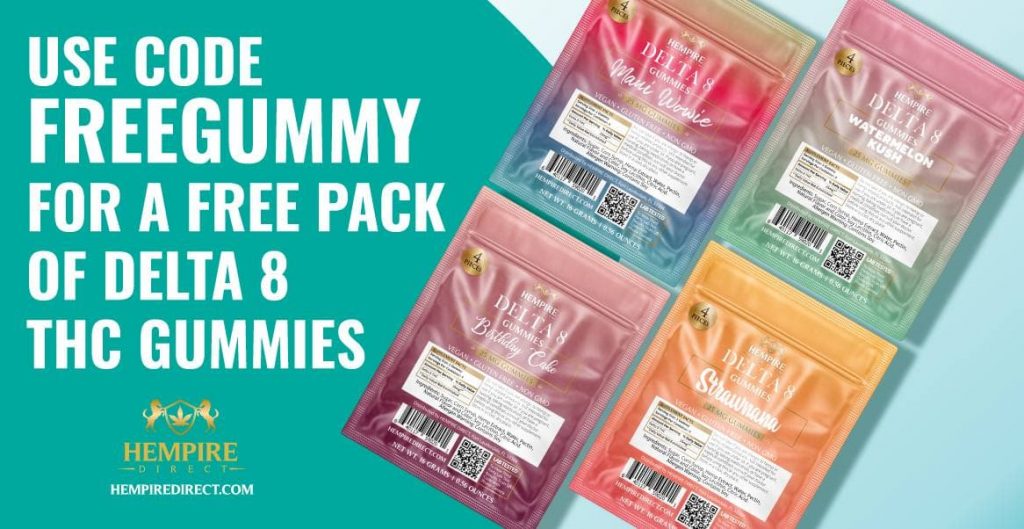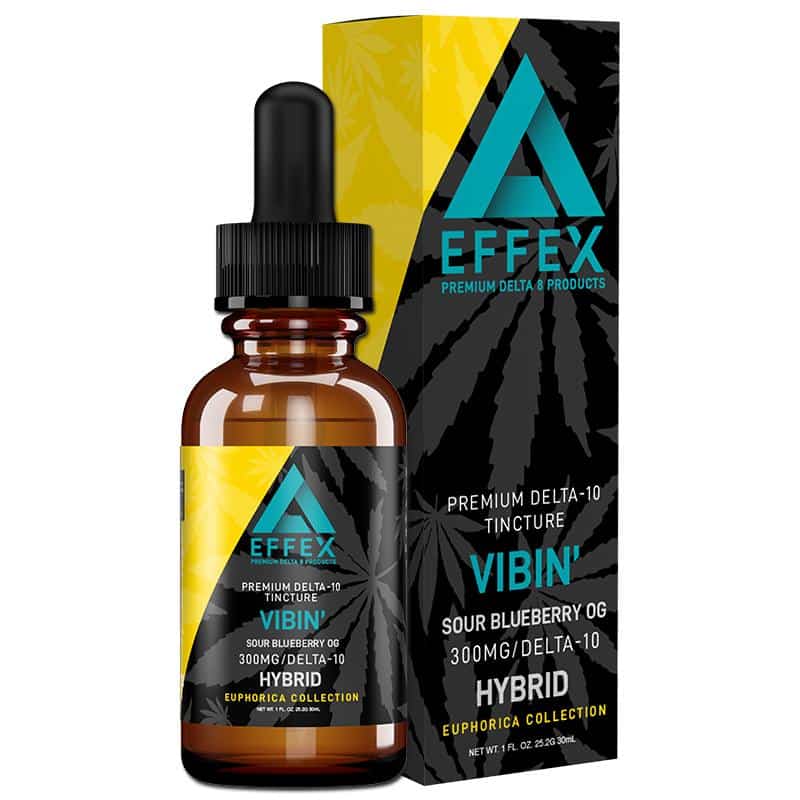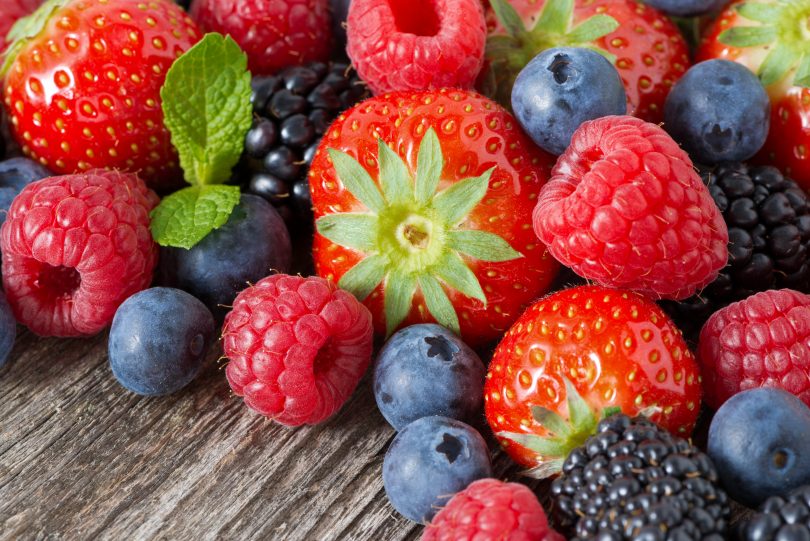When it comes to consumer packaged goods, especially those with natural ingredients, preserving freshness and quality is a top priority. Unfortunately, many of the existing additives currently on the market are incredibly unhealthy (toxic and cancerous really), so there is a pressing need for safer alternatives.
Researchers from the University of South Florida are looking at cannabidiol as a possible solution. According to their study published earlier this year in the Postharvest Biology and Technology journal, CBD oil can be used as a natural preservative to extend the shelf-life of food by inhibiting yeast, mold growth, and microbial load. So, how exactly does this work and is it a practical, cost-effective option?
Are you a cannabis aficionado who would like to learn more this incredible plant, as well as gain access to exclusive deals on flowers and other products? If so, make sure to subscribe to The CBD Flowers Weekly Newsletter for the best of the best that this industry has to offer, or to the Delta 8 Weekly Newsletter for the the best deals on Delta 8 THC.
Medical Benefits and Applications of CBD Oil
CBD has been heavily promoted as an effective treatment option for numerous different health conditions, but the only disorder to have government-backing for cannabidiol treatment is epilepsy. In numerous studies, CBD was able to reduce the number and intensity of seizures, and in many cases, stopped them altogether.
Last year, the medication Epidiolex was removed from the controlled substances list, making it the only CBD-based therapy to receive full FDA approval. Epidiolex, now being prescribed in the US, Japan, and 30 European countries, is used to treat two extremely rare and debilitating forms of childhood epilepsy that typically don’t respond to pharmaceutical antiseizure medications – Dravet syndrome and Lennox-Gestaut syndrome.
HAVE YOU EVER TRIED HASH ROSIN?
CLICK HERE TO GET YOURS!

Additionally, there is sufficient research indicating that CBD can be used to curb chronic inflammation and neuropathic pain, two of the most difficult types of pain to treat. Chronic inflammation has also been identified as the root cause of many other ailments such as heart disease, diabetes, cancer, arthritis, and bowel diseases. A study from the European Journal of Pain showed that even when applied topically, CBD could help eliminate pain and inflammation caused by arthritis.
CBD is also highly effective in the treatment of mental health conditions and sleep disorders. When compared to melatonin, CBD scored favorably in the areas of helping patients fall asleep, stay asleep, and achieve more restful sleep. CBD has also shown promising results when studied as a therapy for PTSD, anxiety, and depression. As a matter of fact, Dr. Sue Sisley from the Scottsdale Research Institute in Arizona has been researching this topic since 2009, in hopes of offering military veterans with PTSD safe access to cannabis oil therapies.
Other lesser-studied potential uses for CBD include skin conditions, digestive disorders, addiction treatment, cancer therapy, and neurodegenerative conditions. Because of legal roadblocks, it has been difficult for researchers to conduct full scale studies on the true capabilities of this or any other cannabis compound, but the anecdotal evidence is certainly there.

CBD Oil As a Natural Food Preservative
Food quality is a complicated matter. One on hand, there are farmers and industry stakeholders that obviously want to profit off food products, and adding preservatives is one easy way to make that happen. On the other hand, we have a growing number of health-conscious consumers who are reading the labels, researching ingredients, and opting for healthier alternatives; typically meaning those without any artificial additives.
Extensive research has found that prolonged consumption of artificial preservatives can cause serious health conditions such as hypersensitivity, allergy, asthma, hyperactivity, neurological damage, and cancer. They are also known to weaken heart tissues, which can be especially dangerous for elderly people or otherwise frail individuals.
It can be hard to find that middle ground, which becomes evident at the grocery store when we’re stuck sorting through near-rotten produce or “fresh” items coated in cancer-causing chemicals to make them last longer. Utilizing CBD oil as a food preservative can help on both sides of the fence by extending the shelf-life of food products using a healthy, all-natural compound. A recent study, published March 2021, found that adding CBD oil to strawberries increased the strawberries’ shelf life and reduced the microbial load found on the fruit.
NEW: DELTA 10 THC OIL

“Strawberries were evaluated for visual quality and microbial load before and during storage,” researchers stated. “Results from this study showed that CBD oil was effective at maintaining the visual appearance of strawberries…compared to the fruit that was not treated.”
The study involved applying CBD oil to the surface of the strawberries after harvest, and storing them for eight days at 1-10 degrees Celsius. They found that the strawberries sprayed with CBD oil had a more pleasant visual appearance and vibrancy, and they had a lighter microbial load compared to the untreated strawberries. Since hemp itself is considered a superfood, using its extracted compounds to preserve other food products is a win-win for everyone.
CBD and Antibiotic Resistance
Antibiotics are considered to be one of the greatest medical advancements of all time. If it weren’t for antibiotics, humans would still be dying of pneumonia and succumbing to deadly infections from a simple cut on the hand. However, bacteria are becoming immune to the effects of these medications which is leading to higher medical costs, prolonged hospital stays, and increased mortality.
A study by the University of Queensland’s Centre for Superbug Solutions found that CBD killed all strains of bacteria to which it was exposed, including some that are very resistant to conventional antibiotics. Even after 20 days, the bacteria did not develop resistance to CBD. Which most other antibiotics, the resistance began in less than 3 weeks.
In other studies, such as this one from 2008, researchers successfully treated MRSA with a combination of all five major cannabinoids – Cannabidiol (CBD), Cannabichromene (CBC), Cannabigerol (CBG), Cannabinol (CBN) and Tetrahydrocannabinol (THC). As far back as 1981, scientists discovered that CBC and CBG were effective at treating moderate antibacterial infections. Even further back in 1976, researchers found that dose as small as 1-5 micrograms per milliliter of THC successfully killed streptococci and staphylococci.
Final Thoughts
This is a very interesting and auspicious finding, but there are many limitations and unknowns. Even researchers who were part of the study remarked that they “still don’t understand exactly how it works” and that “there are still many uncertainties surrounding the use of CBD as a food preservative and the science and benefits behind using CBD in food formulations.”
Nevertheless, it’s an important discovery that, if cost effectiveness is taken into consideration, could have major implications for the food industry in the very near future.
Thank you for stopping by CBD TESTERS, your hub for all the most up-to-date cannabis information. Don’t forget to subscribe to The CBD Flowers Weekly Newsletter for more articles like this one and access to exclusive deals on flowers and other products.
Resources
Compared to Prescription Medication, Medical Cannabis Not Always Affordable Alternative
Not Just for Getting High – The Underreported Medical Uses of THC
In a world plagued with antibiotic resistance, look to cannabis as a natural alternative
The CBD Flowers Weekly newsletter (your top resource for all things smokable hemp flowers)
The Medical Cannabis Weekly newsletter (International medical cannabis business report)
The Delta 8 Weekly Newsletter (All you need to know about Delta 8 thc) and the Best Black Friday Delta 8 THC Deals 2020. The best delta-8 THC deals, coupons and discounts.
CBG Study Shows Antimicrobial Properties of Cannabis










Great article, Alexandra! Thank you for giving us such interesting information about CBD. You’re indeed correct that the research about CBD being a food preservative is a fundamental discovery that, taken into consideration the cost-effectiveness, could have significant implications for the food industry very soon.
– Dan White
https://joyorganics.com/